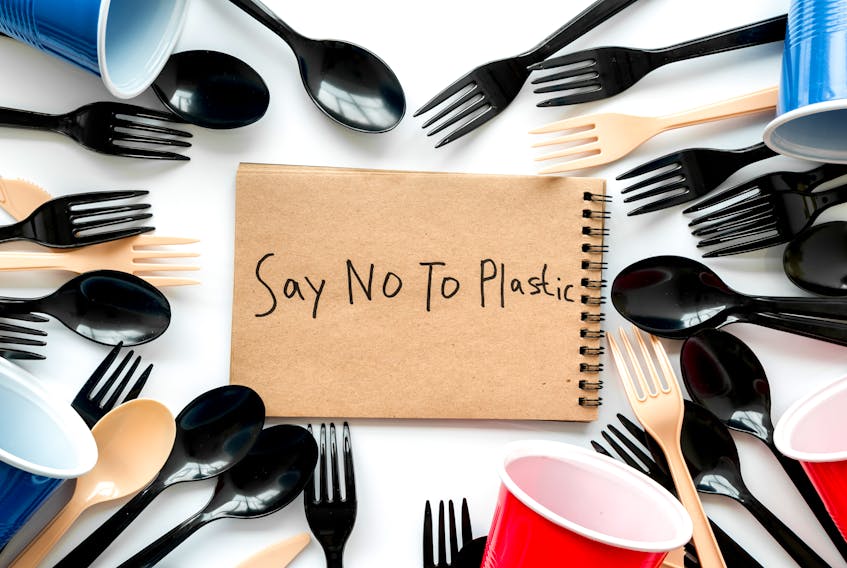JONATHAN WILKINSON
Canadians all across the country see the effects of plastic pollution in their communities. It chokes our rivers, lakes, and oceans, and harms wildlife that live there.
It is estimated that if we do nothing about it, in just 30 years, there could be more plastic than fish in the ocean. Every year, Canadians throw away about three million tonnes of plastic — the equivalent of 570 garbage bags full of plastic every minute, every day.
Only nine per cent of that plastic presently is recycled, while the rest goes to landfills or ends up in our natural environment. In Canada, it is estimated that every year, 29,000 tonnes of plastic waste enters into and pollutes our natural environment. The plastic that goes to the landfill or into our natural environment represents about $8 billion in lost value.
And the problem is getting worse.
This is why on Wednesday our government announced a comprehensive plan to achieve zero plastic waste by 2030. It is a plan to keep plastic out of our environment and in our economy, by improving the way we manage plastics throughout their lifecycle.
One important part of the plan is a ban on certain, harmful single-use plastics — the ones that are prevalent in our environment and are the most difficult to recycle. The proposed list of items to be banned is: plastic checkout bags, stir sticks, straws, six-pack rings, cutlery and food ware made from hard-to-recycle plastics.
All of these items have readily available alternatives, like reusable or paper bags, that your local grocery store or take-out restaurant can provide.
Beyond a ban on key single-use plastic products, we clearly must address the broader issue of plastic pollution.
Our government is working directly with industry leaders and with provinces and territories, to develop approaches that will keep more plastic in our economy. Certainly, leading companies like Canadian Tire and Walmart have made addressing plastic pollution a key focus of their sustainability efforts. Together, we will establish higher standards for plastic products and packaging, which will make them easier to recycle, and by then requiring a portion of plastic packaging and products to be made from recycled plastic, we create a more circular economy.
We are also proposing to make producers and sellers of plastic products responsible for collecting and recycling them, taking the onus of recycling off of municipal governments.
This will drive investment in recycling infrastructure, spur innovation, generate revenue, and create jobs. According to a recent study, such an approach can address environmental challenges while creating up to 42,000 jobs across the country in the recycling industry.
While COVID-19 is the biggest immediate threat to our economic recovery and prosperity, we also need to plan for the long-term challenges we face, like plastic pollution. Canadians expect their governments to be able to fight COVID-19 but to concurrently look at addressing chronic challenges — they expect their governments to walk and chew gum at the same time.
Plastic pollution is harmful to our environment and the transition to a more circular economy — where we reuse materials rather than simply throwing them away — is an economic opportunity that we can, and must, capitalize on.
Certainly, some will raise questions as to how we address Personal Protective Equipment (PPE) made of plastics that we have used to fight COVID-19. I think we are all very much aware that such PPE has been critical in keeping Canadians safe, particularly frontline health-care workers. To be clear, a ban will not impact access to PPE or plastics used in a medical environment in Canada.
However, we have already been working with our provincial and territorial counterparts and with businesses to find solutions to safely dispose of and recycle PPE — so it does not end up in the environment. We are also looking at options to make some forms of PPE biodegradable.
Our approach is laid out in a discussion paper, which is available on the Environment and Climate Change Canada website. I encourage those of you who have a keen interest in this topic to participate and to provide your thoughts and feedback between now and Dec. 9, 2020.
Together, we can protect wildlife and human health while creating a greener, more prosperous future for our children and grandchildren.
Jonathan Wilkinson is federal minister of Environment and Climate Change









